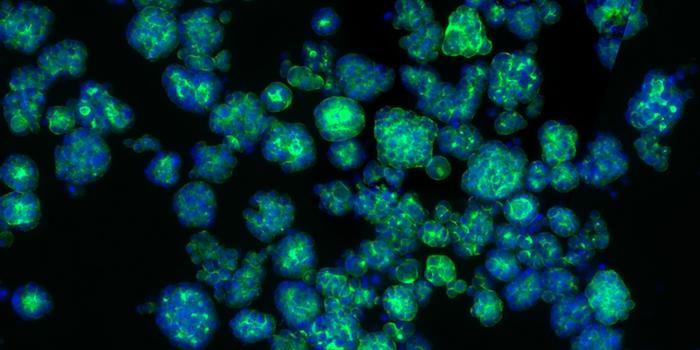In the past decade, scientists have made much progress in understanding the multiple facets of cancer and there has been growing evidence that cancer may be seen as a metabolic disease. Now, scientists at the University of Basel have discovered that high levels of the amino acid arginine drive metabolic reprogramming to promote tumor growth. This study suggests new avenues to improve liver cancer treatment.
The findings are published in Cell in an article titled, “Arginine reprograms metabolism in liver cancer via RBM39.”
“Metabolic reprogramming is a hallmark of cancer. However, mechanisms underlying metabolic reprogramming and how altered metabolism in turn enhances tumorigenicity are poorly understood. Here, we report that arginine levels are elevated in murine and patient hepatocellular carcinoma (HCC), despite reduced expression of arginine synthesis genes. Tumor cells accumulate high levels of arginine due to increased uptake and reduced arginine-to-polyamine conversion.”
“We investigated liver tumor samples from mice and patients and found elevated levels of arginine, although cancer cells produce less or none of this amino acid. The tumor cells accumulate high levels of arginine by increasing its uptake and suppressing its consumption,” explained lead author Dirk Mossmann, PhD, a postdoctoral researcher at the University of Basel. “Furthermore, we found that the high levels of arginine are necessary for tumor development, independently of the amino acid’s role in protein synthesis. This then begged the question, how does arginine lead to tumorigenicity?”
At high concentrations, arginine binds to a specific factor, which triggers metabolic reprogramming and promotes tumor growth by regulating the expression of metabolic genes. As a consequence, tumor cells revert back to an undifferentiated embryonic cell state, in which they can divide indefinitely. Interestingly, tumor cells also benefit in another way from increasing the uptake of arginine. “Our immune cells depend on arginine to function properly,” said Mossmann. “Therefore, depleting arginine in the tumor environment helps the tumor cells escape the immune system.”
The scientists propose to target the specific arginine-binding factor rather than depleting arginine. “When treating liver tumors with the anticancer drug indisulam, we induce the degradation of this factor and thus prevent metabolic reprogramming,” added Mossmann. “Via this route, one can avoid unwanted side effects of reducing overall arginine levels, like harming immune cells that need arginine to work properly.” Furthermore, metabolic changes such as increased arginine levels may serve as biomarkers for detecting cancer at an early stage, which is crucial for successful cancer treatment and patient survival.


